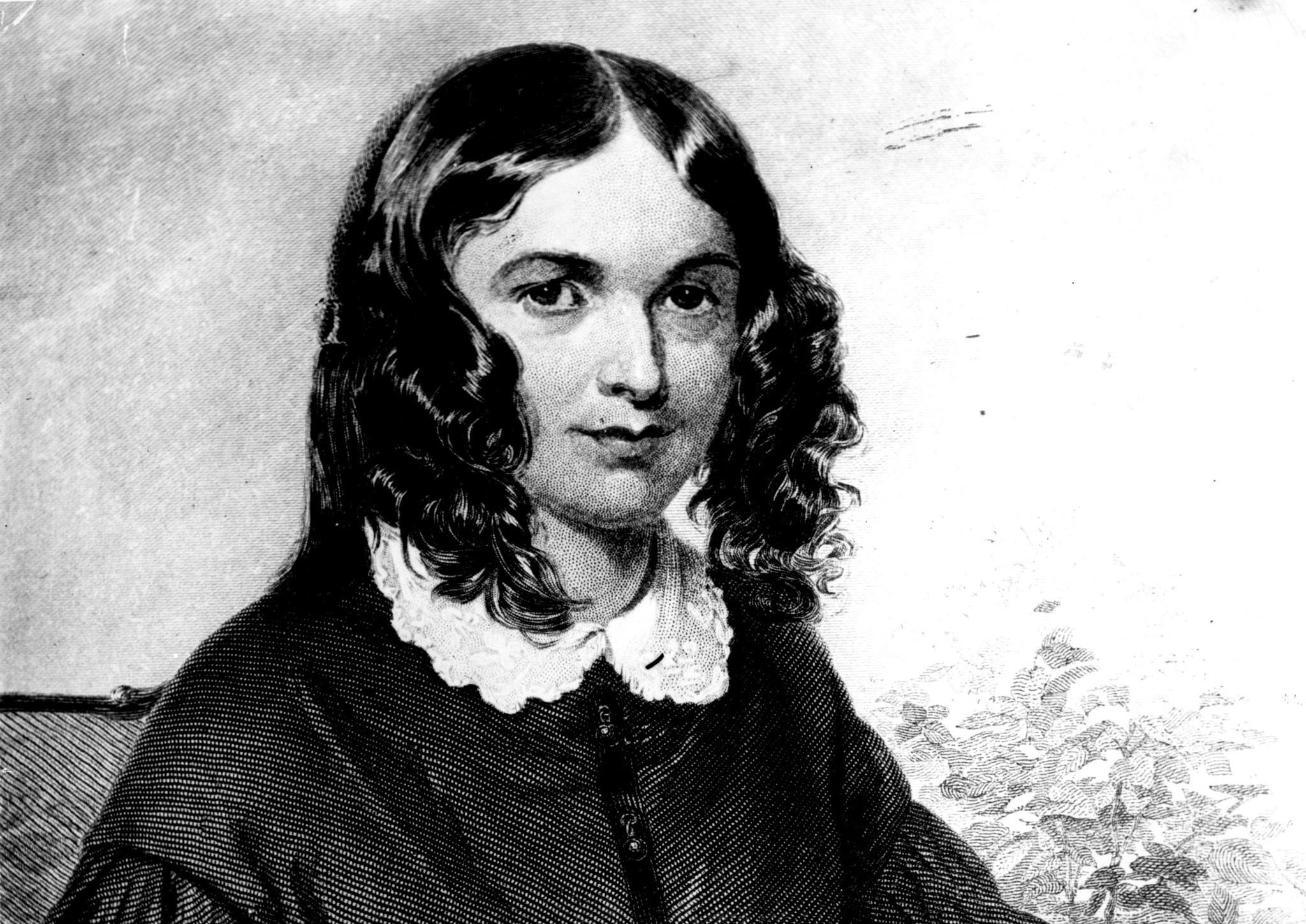Who was Elizabeth Browning? Her five best poems as Google Doodle celebrates her life

Elizabeth Barrett Browning, the subject of today’s Google Doodle, was one of the most accomplished poets of the Victorian area.
Born in County Durham in 1806, her poetry was popular both in the UK and the US during her lifetime.
Her poetry touched on a wide range of issues, from the abolition of slavery to the need for a reform in child labour legislation.
In 1856 she wrote one of her best-known works, Aurora Leigh, an epic poem written across nine books.
Educated at home, she went on to marry fellow poet Robert Browning.
During her lifetime Barrett Browning's poetry was held in greater esteem than her husband's, and she rivalled Tennyson as a candidate for Poet Laureate after Wordsworth’s death.
On the 208th anniversary of her birth, we’ve rounded up extracts from some of her most famous poems below.
1. Number 43, Sonnets from the Portugese
Taken from Barrett Browning’s book of 44 sonnets, the opening lines of Number 43 are among the most famous written in the English language
“How do I love thee? Let me count the ways.
I love thee to the depth and breadth and height
My soul can reach, when feeling out of sight
For the ends of Being and ideal Grace.
I love thee to the level of everyday's
Most quiet need, by sun and candlelight.
I love thee freely, as men strive for Right;
I love thee purely, as they turn from Praise.
I love thee with the passion put to use
In my old griefs, and with my childhood's faith.
I love thee with a love I seemed to lose
With my lost saints,—I love thee with the breath,
Smiles, tears, of all my life!—and, if God choose,
I shall but love thee better after death.”
2. The Cry of the Children
One of Barrett Browning’s poems that expose the conditions of child labour during the Victorian era.
“Alas, the wretched children ! they are seekin
Death in life, as best to have !
They are binding up their hearts away from breaking
With a cerement from the grave.
Go out, children, from the mine and from the city —
Sing out, children, as the little thrushes do —
Pluck you handfuls of the meadow-cowslips pretty
Laugh aloud, to feel your fingers let them through !
But they answer, “ Are your cowslips of the meadows
Like our weeds anear the mine ?
Leave us quiet in the dark of the coal-shadows,
From your pleasures fair and fine!”
3. Aurora Leigh
Barrett Browning’s epic poem touched on a number of themes, including the difficulties Victorian women faced in a world were men were considered to be the superior sex.
“Ass or angel, 'tis the same:
A woman cannot do the thing she ought,
Which means whatever perfect thing she can,
In life, in art, in science, but she fears
To let the perfect action take her part
And rest there: she must prove what she can do
Before she does it,-prate of woman's rights,
Of woman's mission, woman's function, till
The men (who are prating, too, on their side) cry,
'A woman's function plainly is . . to talk.”
4. A Curse of A Nation
This antislavery poem was published in Poems before Congress, a small volume of political poems most of which were written about Italian politics.
“Ye shall watch while nations strive
With the bloodhounds, die or survive,
Drop faint from their jaws,
Or throttle them backward to death;
And only under your breath
Shall favor the cause.
This is the curse. Write.
“Ye shall watch while strong men draw
The nets of feudal law
To strangle the weak;
And, counting the sin for a sin,
Your soul shall be sadder within
Than the word ye shall speak.
This is the curse. Write.”
5. A Musical Instrument
One of Barrett Browning’s best-known poems, “A Musical Instrument” is about the pain a true artist is destined suffer in order to practise his or her art.
"Yet half a beast is the great god Pan,
To laugh as he sits by the river,
Making a poet out of a man :
The true gods sigh for the cost and pain, -
For the reed which grows nevermore again
As a reed with the reeds in the river."
Join our commenting forum
Join thought-provoking conversations, follow other Independent readers and see their replies
Comments
Bookmark popover
Removed from bookmarks